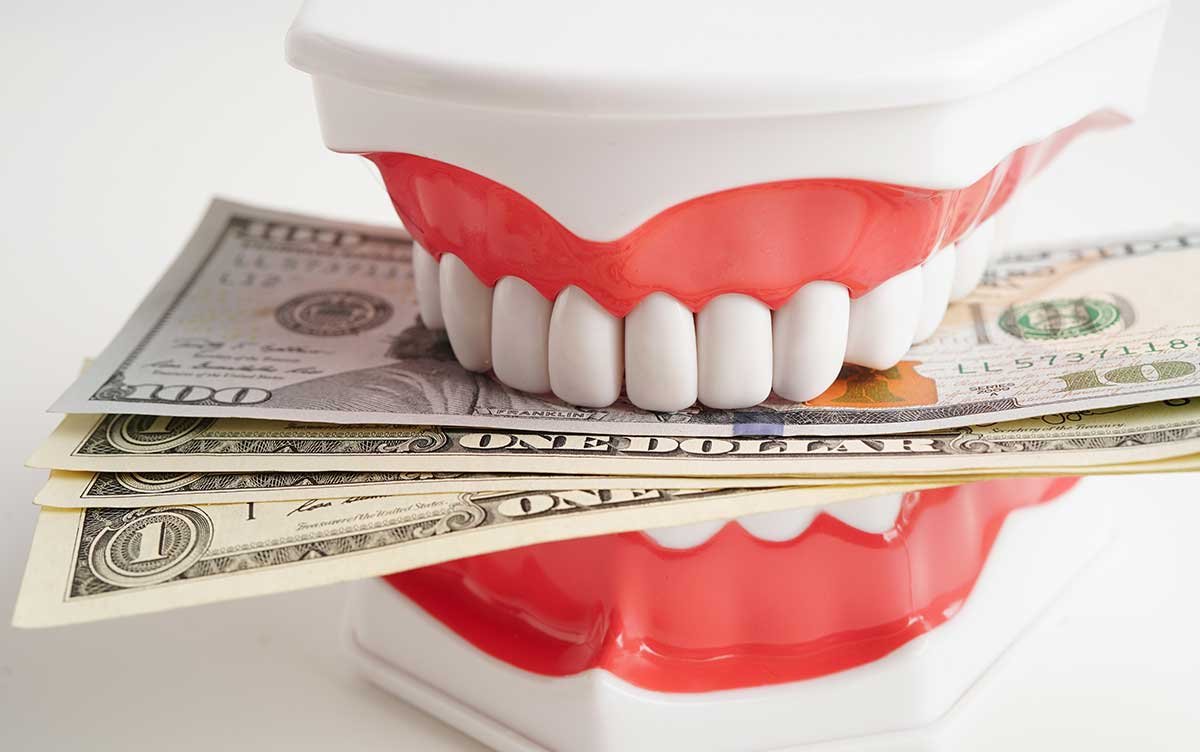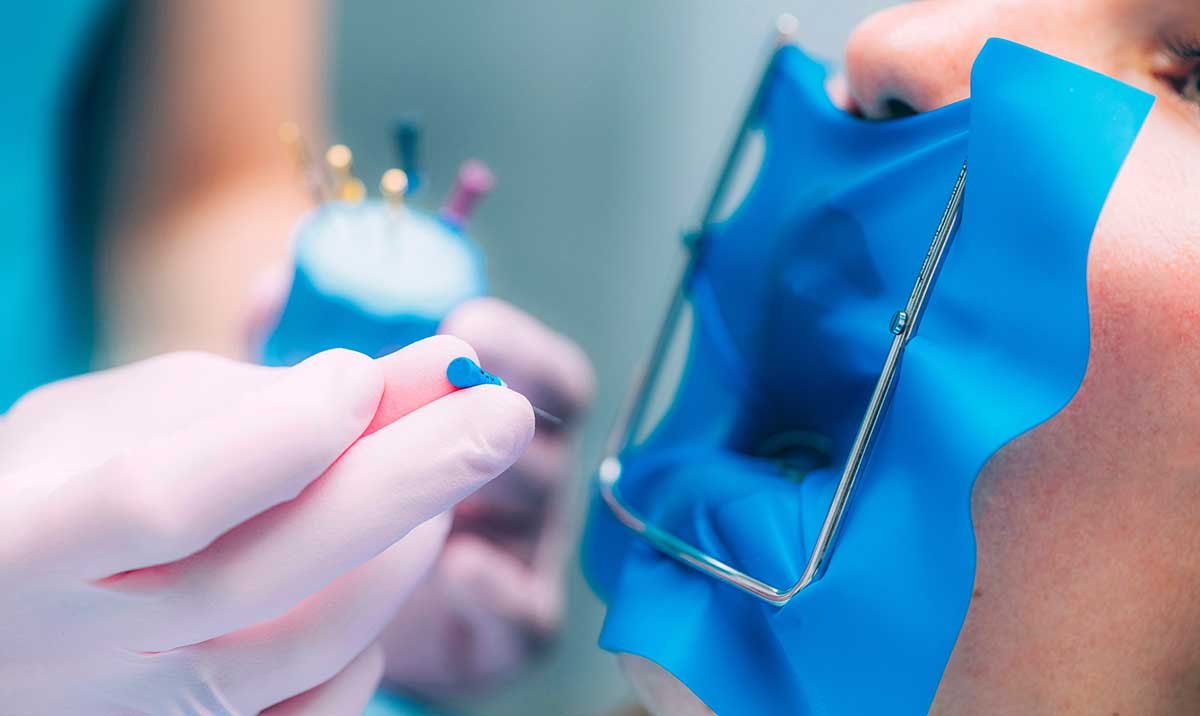How white will my teeth go after whitening?
This is a common question among patients seeking to brighten their smiles. In this article, we will explore the factors that influence the final shade of your teeth after whitening and what you can expect from the procedure. As a renowned Dental Implant Dentist, I have helped many patients achieve a beautiful, healthy smile through a variety of dental treatments, including teeth whitening. Join me for an informative read on this popular cosmetic dentistry topic.
Managing patients’ expectations: What to realistically expect from Teeth Whitening treatments before or after Dental Implants
Managing patients’ expectations is crucial when it comes to Teeth Whitening treatments before or after Dental Implants. Patients should be made aware that teeth whitening is a cosmetic treatment and does not improve the function of dental implants. Additionally, whitening treatments may not produce dramatic results, especially when compared to natural teeth. It’s important for patients to understand that the shade of dental implants cannot be changed once they are placed, so managing expectations can help prevent disappointment or dissatisfaction with the result. Dental professionals should have a comprehensive discussion with their patients about the limitations of teeth whitening in relation to dental implants so that they can make informed decisions about their treatment options.
What is the expected time frame to notice results after undergoing teeth whitening?
Teeth whitening is a cosmetic dental procedure that effectively removes stains and discolorations from teeth, resulting in a brighter and more youthful smile. The expected time frame to notice results after undergoing teeth whitening varies depending on the method used.
In-office teeth whitening procedures can provide immediate results, with teeth appearing several shades lighter in just one visit. However, it is important to note that results may vary depending on the severity of discoloration.
At-home teeth whitening kits, on the other hand, typically take several weeks to achieve noticeable results. These kits involve wearing custom-fitted trays filled with a whitening gel for a specified period each day. Typically, treatment takes anywhere from 2-6 weeks, depending on the strength of the whitening agent and frequency of use.
It is important to follow the instructions carefully, as overuse or misuse of teeth whitening products can cause sensitivity and damage to tooth enamel. Your dentist or dental implant specialist can provide guidance on which teeth whitening method is best for you, based on your individual needs and goals.
Is further teeth whitening possible after undergoing a bleaching treatment?
Yes, further teeth whitening is possible after undergoing a bleaching treatment. However, it is important to wait for at least two weeks after the initial bleaching treatment to allow the teeth to settle into their new shade. Additionally, it is recommended to consult with a dental professional to determine the best approach for additional whitening and to ensure that the procedure does not damage any existing dental implants or restorations. Some options for further teeth whitening include in-office treatments, take-home kits, and over-the-counter products.
What could be the reason for my teeth not being white even after undergoing whitening procedures?
There could be several reasons why your teeth are not white even after undergoing whitening procedures:
1. Genetics: Some people have naturally darker or yellowish teeth due to genetics. This may require more aggressive whitening treatments to achieve optimal results.
2. Lifestyle habits: Your diet, smoking habits, and consumption of certain drinks like coffee, tea, and red wine can contribute to staining on your teeth. Even after undergoing whitening procedures, if you continue these habits, your teeth may become discolored again.
3. Age: As you age, your teeth can become naturally darker due to wear and tear and the thinning of enamel, making it harder for whitening treatments to have lasting effects.
4. Underlying dental problems: If you have underlying dental problems such as tooth decay or gum disease, this can affect the appearance of your teeth and may require treatment before proceeding with whitening procedures.
It’s important to consult with a dentist to determine the cause of your teeth discoloration and find the best treatment options. In some cases, dental implants may be a better solution to improve the appearance of your smile rather than relying solely on whitening treatments.
Can my teeth revert back to their yellow color after undergoing a teeth whitening procedure?
It’s possible for your teeth to revert back to their yellowish color after undergoing a teeth whitening procedure. This is because the effects of teeth whitening are not permanent and can fade over time due to various factors such as diet, smoking, and poor oral hygiene. To ensure that your teeth remain white, it’s important to practice good oral hygiene by brushing and flossing regularly, avoiding stain-causing foods and drinks, and scheduling regular dental check-ups and cleanings. Your dentist may also recommend touch-up treatments or at-home whitening kits to maintain the brightness of your teeth. Additionally, dental implants can be matched to the color of your natural teeth, so you may want to consider this option if you’re looking for a long-term solution for a brighter smile.
Frequent Questions
How does teeth whitening affect dental implants?
Teeth whitening does not affect dental implants as they are made of materials that do not respond to the whitening agents used in traditional teeth whitening treatments. However, it is important to note that the color of natural teeth may not match the color of dental implants. Therefore, if you are considering teeth whitening, it’s best to get it done before getting dental implants to ensure a closer match in color between your natural teeth and implants. Additionally, after getting dental implants, it’s recommended to avoid using whitening products on your natural teeth for the first few weeks after the procedure to avoid any irritation or discomfort. Your dentist can provide you with specific recommendations on how to maintain your teeth and implants after the procedure.
Can dental implants be whitened after they’ve been placed?
No, dental implants cannot be whitened after they’ve been placed. The color of dental implants is determined during the manufacturing process and cannot be changed afterwards. However, the color of the surrounding teeth can be changed through teeth whitening procedures to match the color of the implants. It’s important to maintain good oral hygiene to prevent discoloration of the surrounding teeth and to prolong the lifespan of the implants.
How long will the results of teeth whitening last for dental implants?
Teeth whitening can be done on dental implants to improve their appearance. The duration of the results will vary depending on several factors such as the patient’s oral care routine and diet. On average, the effects of teeth whitening on dental implants can last from one to three years. However, some patients may experience fading of the whiteness after several months. It is important to maintain good oral hygiene practices, avoid smoking, and limit consumption of stain-inducing food and drinks to prolong the results of teeth whitening on dental implants. Consult with your dentist to determine the best approach to maintain the appearance of your dental implants after teeth whitening.
In conclusion, the extent of teeth whitening achieved through dental implants largely depends on the person’s starting point, the method used, and the individual’s personal habits. While it is important to manage expectations, most individuals experience a significant improvement in the appearance of their teeth after undergoing a professional whitening treatment. It is also important to note that maintaining good oral hygiene practices and avoiding habits such as smoking can greatly enhance the longevity and brightness of the results. Overall, teeth whitening can be a transformative and confidence-boosting procedure for those seeking to improve the aesthetic appeal of their smile.



